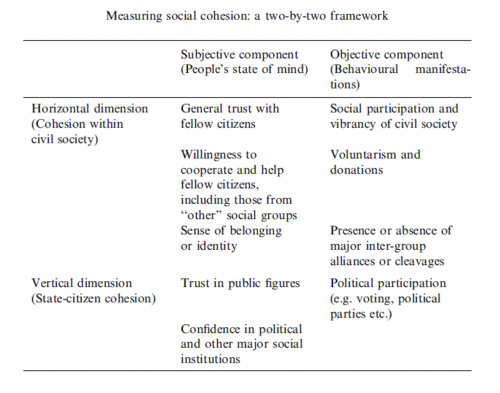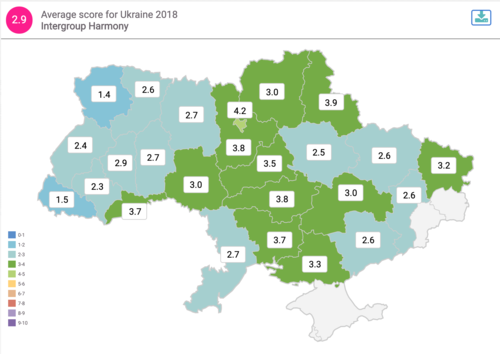Income inequality, distributive fairness and political trust in Latin America
Key facts
Equality/Inequality
Inequality
Summary
In the wake of rising levels of income inequality during the past two decades, widespread concerns emerged about the social and political consequences of the widening gap between the poor and the rich that can be observed in many established democracies. Several empirical studies substantiate the link between macro-level income inequality and political attitudes and behavior, pointing at its broad and negative implications for political equality. Accordingly, these implications are expected to be accentuated in contexts of high inequality, as is the case in Latin America. Despite these general concerns about the consequences of income inequality, few studies have accounted for the importance of individual perceptions of distributive fairness in regard to trust in political institutions. Even less is known about the extent to which distributive fairness perceptions co-vary with objective indicators of inequality. Moreover, the research in this area has traditionally focused on OECD countries, which have lower indexes of inequality than the rest of the world. This study aims at filling this gap by focusing on the relevance of distributive fairness perceptions and macro-level inequality for political trust and on how these two levels interact in Latin American countries. The analyses are based on the Latinobarometer survey 2011, which consists of 18 countries. Multilevel estimations suggest that both dimensions of inequality are negatively associated with political trust but that higher levels of macro-level inequality attenuate rather than increase the strength of the negative association between distributive fairness perceptions and political trust.
Explore the hub further




